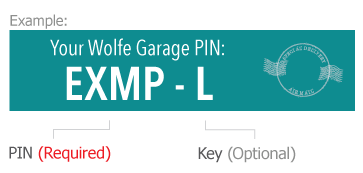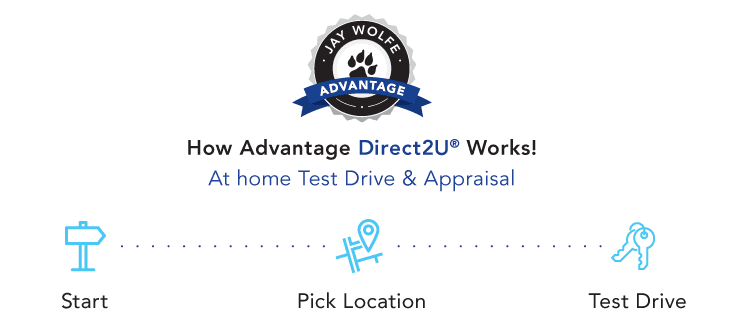Why are Honda Recalls Issued?
Posted on February 24, 2017 In today’s world of automotive technology, there has been an increased focus on safety and reliability. Methods of testing components and vehicles have been developed that were never available before. And because of it, car makers are finding flaws in their products that would otherwise go unnoticed. This is where most Honda recalls come from.
What are Honda Recalls All About?
If you’ve been on the receiving end of a recall notice, it can cause a little bit of worry. Is your vehicle going to be safe to drive the next time you go out? Is your Honda going to break down unexpectedly? Fortunately, that’s not what Honda recalls are about. In nearly every instance Honda recalls are issued when ongoing testing reveals inconsistencies in a part’s operation or life expectancy. You see, Honda continuously tests their vehicles for years after they’ve been released for sale. When a component shows signs of failure – not necessarily complete failure – Honda looks at it closely. They’ll report it to the required agencies and complete testing will be done. How Many Parts Have to Fail for Honda Recalls?
It’s an extremely small percentage of parts that will ever fail. For example, in the notorious Takata airbag recall, less than 1 in 20,000 vehicles have reported an airbag fault in a collision. Most recalls have a failure rate much smaller than that! Honda issues recalls voluntarily in most cases. That’s because Honda wants you to put your faith in them as a trustworthy car manufacturer, and one that cares about its customers. And to go a step further, most recalls issued by Honda aren’t safety related. Most are emissions-related or in response to quality control issues, meant to keep customers completely satisfied. If you get a recall notice, take heart! It’s Honda’s way of telling you they care about you and the Honda you drive. It’ll always be repaired free of charge within the parameters of the recall, and we’ll do our best to make it as convenient for you as we can!






